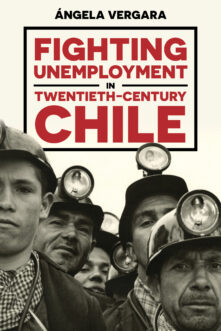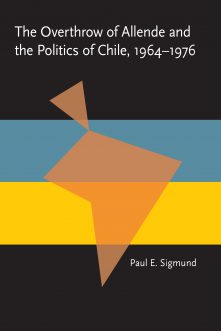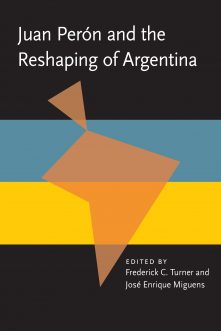Books
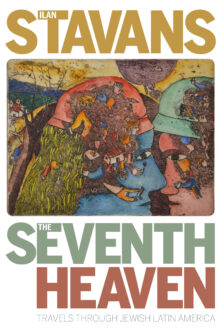
The Seventh Heaven
Travels through Jewish Latin America
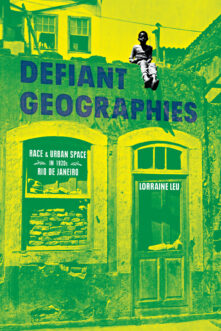
Defiant Geographies
Race and Urban Space in 1920s Rio de Janeiro
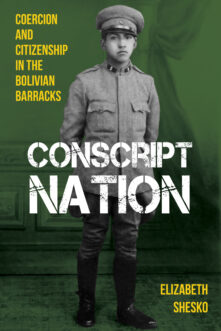
Conscript Nation
Coercion and Citizenship in the Bolivian Barracks
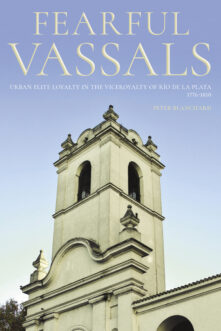
Fearful Vassals
Urban Elite Loyalty in the Viceroyalty of Río de la Plata, 1776-1810
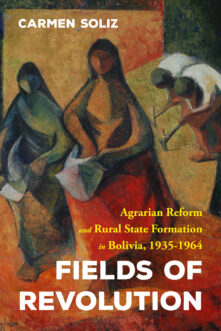
Fields of Revolution
Agrarian Reform and Rural State Formation in Bolivia, 1935-1964
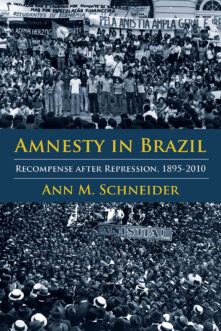
Amnesty in Brazil
Recompense after Repression, 1895-2010
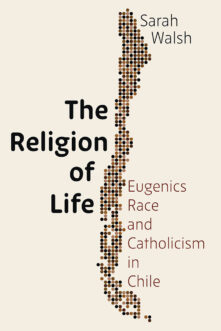
The Religion of Life
Eugenics, Race, and Catholicism in Chile
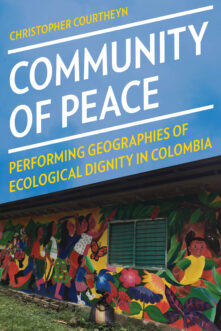
Community of Peace
Performing Geographies of Ecological Dignity in Colombia
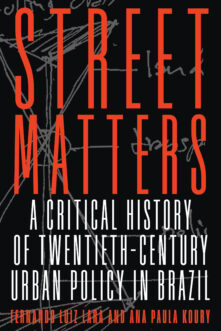
Street Matters
A Critical History of Twentieth-Century Urban Policy in Brazil
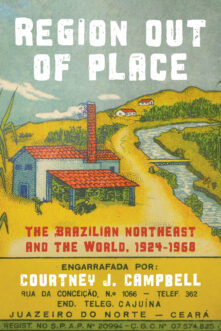
Region Out of Place
The Brazilian Northeast and the World, 1924-1968
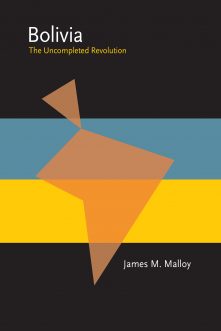
Bolivia
The Uncompleted Revolution
Total 74 results found.


